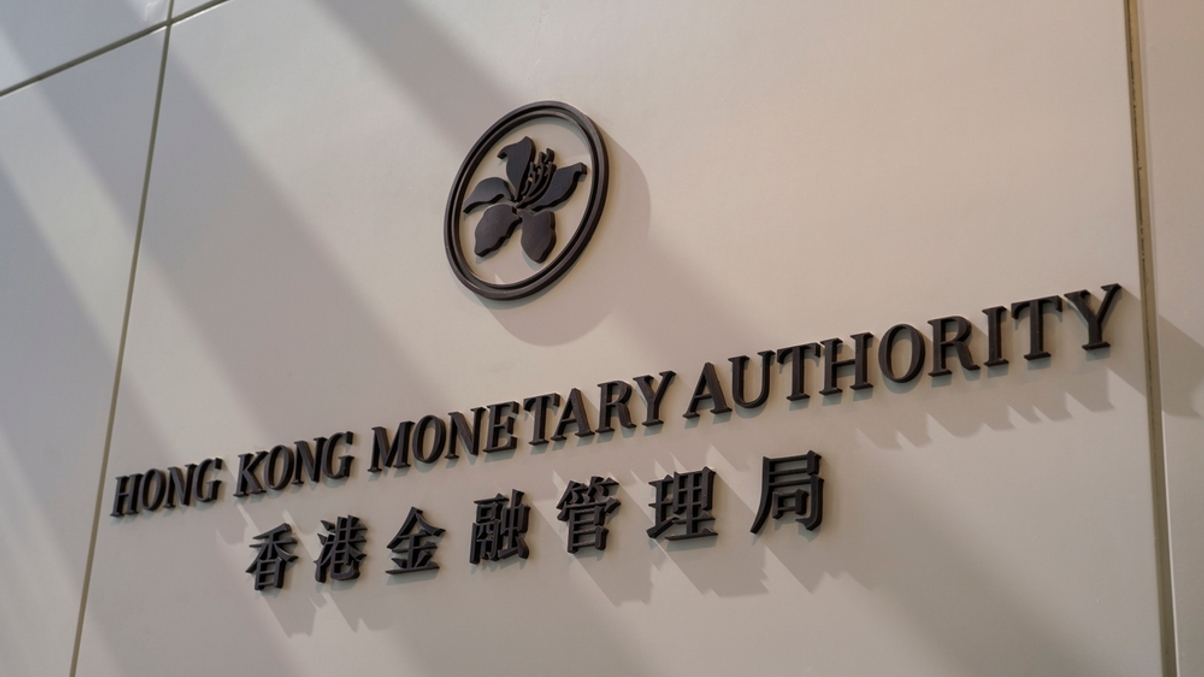HKMA Exchange Fund backs bonds, China recovery after record $25bn loss
The de facto sovereign wealth fund of Hong Kong on Monday reported an investment loss of HK$202.4 billion ($25.8 billion), or 4.4%, for 2022 - the worst performance since 2008.

Hong Kong Monetary Authority's (HKMA) Exchange Fund is hoping fixed income investments and mainland China’s economic rebound will help investment performance this year, after it posted a record investment loss for 2022.
Sign in to read on!
Registered users get 2 free articles in 30 days.
Subscribers have full unlimited access to AsianInvestor
Not signed up? New users get 2 free articles per month, plus a 7-day unlimited free trial.
¬ Haymarket Media Limited. All rights reserved.


